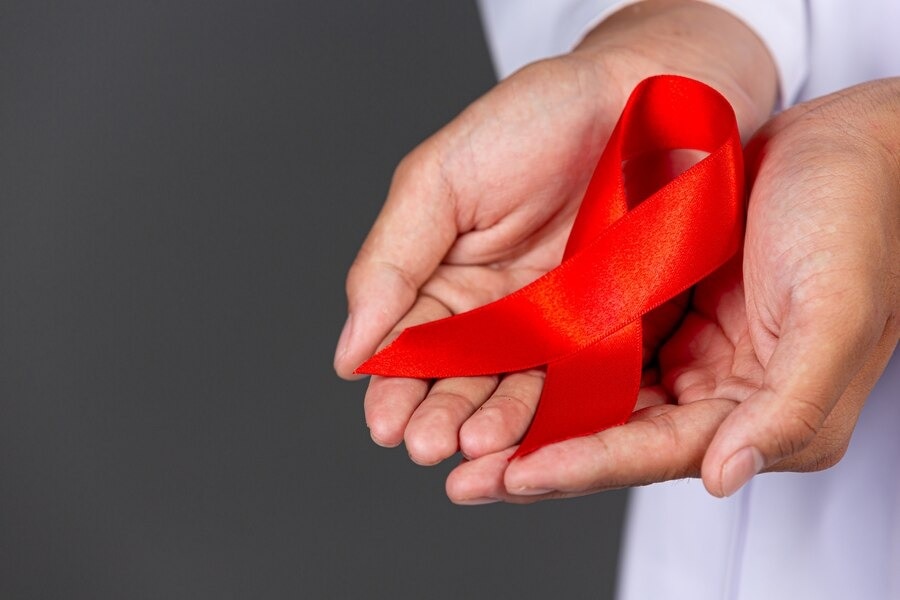Early detection and informed actions can make a significant difference in the treatment of blood cancer. Here’s everything you need to know!
Blood cancer is a major threat to the body’s blood cells and bone marrow. Bone marrow is a soft tissue present inside the bones, where blood cells are formed. These blood cells are responsible for carrying oxygen throughout the body, fighting infections, and controlling excessive bleeding. Several factors can contribute to blood cancer. These include risk factors such as genetics, age, lifestyle, smoking, alcohol consumption, obesity, and exposure to harmful chemicals.
Symptoms of blood cancer
According to Dr Muralidaran C, Consultant Haematologist at Wockhardt Hospitals Mira Road, “In some cases, the symptoms of blood cancer may not be so visible until it starts to advance. The intensity of these symptoms can vary from person to person depending on the type of blood cancer you have. This may include symptoms like night sweats, feeling tired easily, persistent fever, unintentional weight loss, swollen lymph nodes, cuts or bruises, bone pain, shortness of breath, pale or yellowish skin, joint pain and anaemia due to lack of red blood cells in the body. Recognising these symptoms can help detect blood cancer at its early stage.”
Types of blood cancer
- Leukemia: Leukemia is a type of blood cancer that originates in the bone marrow and blood. Leukemia occurs when white blood cells begin to multiply abnormally. This significantly affects the bone marrow’s ability to produce red blood cells and platelets in the body. It can be classified into acute leukemia (develops slowly) and chronic leukemia (progresses rapidly).
- Lymphoma: There are two types of lymphoma, namely Hodgkin lymphoma and non-Hodgkin lymphoma. This specific type of blood cancer negatively affects the lymph nodes and lymphatic system of the body. The lymphatic system includes networks of vessels: lymph nodes, spleen, and thymus gland. These vessels are responsible for storing and stimulating blood cells to fight infections or diseases in the body.
- Multiple myeloma: This cancer occurs when plasma cells begin to multiply abnormally, leading to tumors in the bone marrow and bones. Plasma cells are a type of white blood cell that produces antibodies to fight various infections. If left unchecked, it can lead to complications such as bone damage, anemia, and even kidney problems due to the overproduction of abnormal plasma cells.
